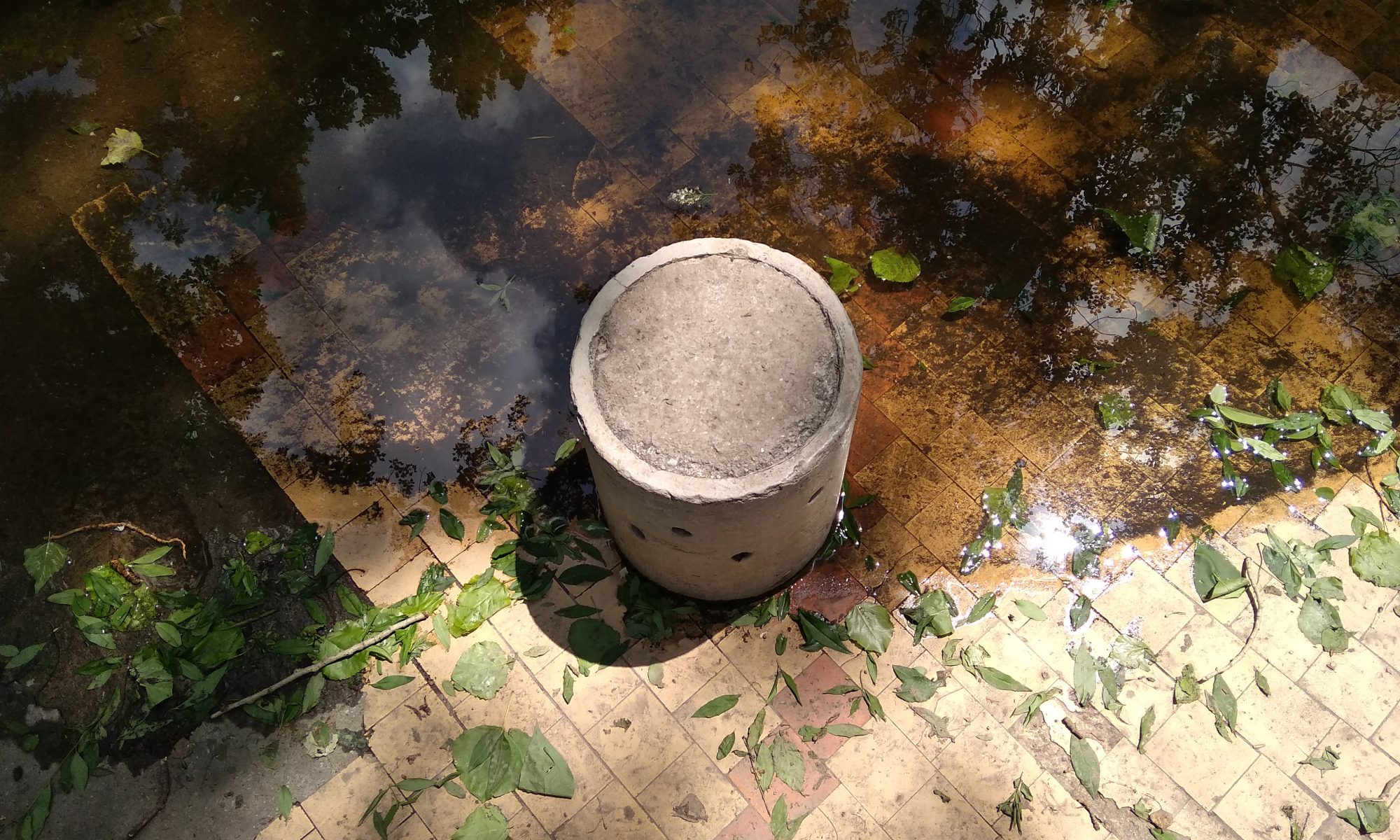
A PDF copy of this essay is available here. Given the length of this essay, the PDF version may be easier to read. If you want to read the blog post version, I have divided it into nine pages. Scroll to the bottom of each page to click onward to the next one.
Introduction
A year ago today, I submitted my dissertation. I realized that the moment marked the end not only of one era in my life, but two: alongside the end of my long quest to earn a doctorate also came the end of my time as a member of the Baháʼí Faith.
Doubt and discontent with the Faith had been building within me for a while, like water dripping into a jar. My dissertation was not the start of it; what the writing process did was permit me to trust my own perspective, and create a safe space inside of myself in which I could begin uncovering my true beliefs. Although my official research topic was philosophy of journalism, many of the issues that I was tackling actually went to the very core of how we orient ourselves in the universe. For example, when articulating the difference between propaganda and journalism, I found myself arguing that the universes they present are completely different: propaganda presents a hostile cosmos in which our existence itself is ill and truth is determined by will, whereas journalism has faith that, whatever the indifference and tragedy of existence, there are ultimately law-like principles that govern it — a divinity that suffuses it — and even if we can never fully grasp those principles, we are supposed to exist, and we are home. A metaphysics of sorts began to appear by the time I submitted my dissertation, one that emerged from, and spoke to, the depths of my soul.
Once the jar was full, I decided to wait a year before making a firm decision whether to stay or leave. Initially, my idea was to use the Baháʼí concept of a “year of patience”, designed for a marital separation but applied instead to the Faith, so as to be absolutely sure departure was what I wanted and needed. However, that did not last long, for I could feel in my bones that my membership was truly done. So, I ended up spending most of this year of patience instead reflecting on what the Baháʼí Faith has meant for me, and which elements of it I want to cherish, hold onto, move on from, or reject.
I also spent this year cultivating, appropriately enough, patience. I found a mix of disappointment and rage among many former Baháʼís, and I immediately understood that while such feelings have their place, I did not want to be overcome by them and forget all the good that the Faith has done for me, and all the good it can still do for others. Consequently, while I have come to have disagreements with the Faith, the essences of which I will try to lay out here — and not only doubts and disagreements, but I must admit, also concerns — I still consider myself a friend of the Baháʼís.
So, this essay will be critical, but not condemnatory. The difference may sometimes be difficult to discern because I will also try to be forceful and forthright with my criticisms. My actual feelings are not adversarial, but a mix of mourning and hope. Mourning for a religion that once meant so much to me, but which I have discovered is nowhere near as true as it wants to be — which is not to say it is utterly false, but that it simply falls short of its own self-image, and even more tragically, its own scriptures prevent it from being able to reckon with itself and grow. Yet, hopeful both for myself and for the Faith — myself in that I have come to feel deeply rooted in my own being, and for a religion that, at its best, can be courageous and intrepid. The Faith has an incredible track record of overcoming external obstacles; time will tell whether it can overcome its internal obstacles, and while I doubt that it can for reasons I explain below, I would still not be so foolish as to bet against the Baháʼís.
